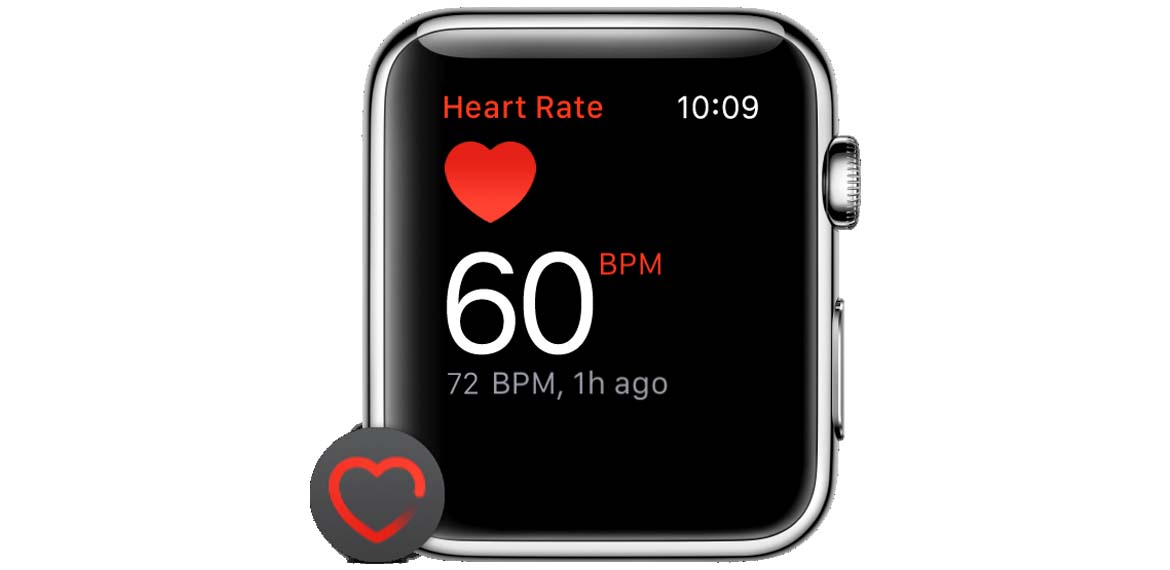A new study shows that the Apple Watch’s heart rate sensor, when paired with an artificial intelligence-based algorithm, can detect a serious and often symptomless heart arrhythmia, atrial fibrillation (AF). The new research uses a deep neural network based on photoplethysmographic (PPG) sensors commonly found in smart watches. The results of this study were presented today at Heart Rhythm 2017, the Heart Rhythm Society’s 38th Annual Scientific Sessions.
In a press release by Heart Rhythm Society, the study enrolled 6,158 users of Cardiogram for Apple Watch into the UCSF Health eHeart Study. Data from those participants—including 139 million heart rate measurements and 6,338 mobile ECGs—was used to train a deep neural network to automatically distinguish atrial fibrillation from normal heart rhythm.
The deep neural network was validated against a cohort of 51 patients set to undergo cardioversion, a procedure that restores the heart to a normal rhythm. Each patient wore an Apple Watch for 20 minutes pre-and-post cardioversion. With a 12-lead electrocardiogram as a reference standard, the DNN correctly detected atrial fibrillation with an accuracy (c-statistic) of 97%, a sensitivity of 98.04%, and a specificity of 90.20%, higher than previously-validated algorithms for detection of AF.
The Health eHeart Study seeks to gather more data about heart health from more people than any research study has done before and develop strategies to prevent and treat all aspects of heart disease. Cardiogram seeks to predict and prevent heart disease using artificial intelligence.
The authors of the Apple Watch study are currently working on expanding the number of participants, exploring success rates of self-diagnosis, and testing the ability of the deep neural network to identify other health conditions.
(Photo source: https://support.apple.com)












